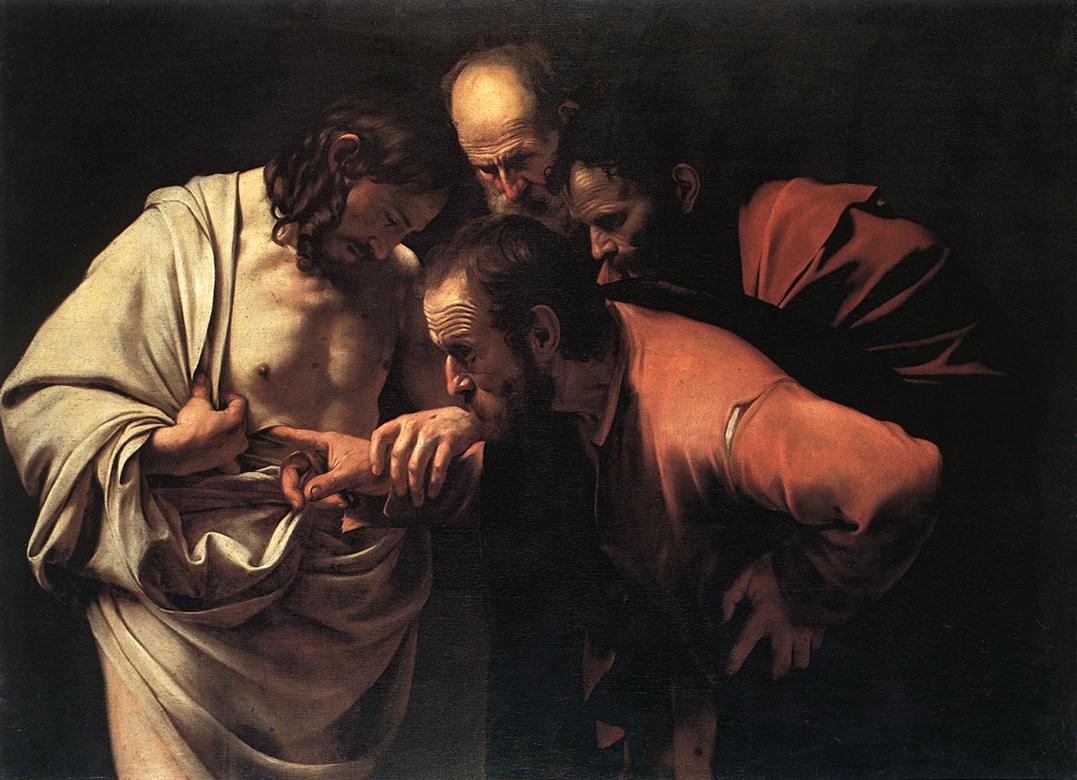Cyrus ticked all the wrong boxes.
For starters he was an idol worshipper. Although he did things for the ‘God of heaven’, history has it that he did as much for the gods of all the territories he conquered. A polytheistic heathen by all accounts, the God of Israel wasn’t on his radar. But God called him. God chose him. God empowered him and granted unto him the treasures of darkness and hidden riches of secret places. He was an anointed of the Lord, though he did not know God. [1]Isaiah 45:1-4 Did I miss something!

We’ve often been advised that it takes a union of a covenantal kind to enter into the hill of the Lord. The nuptial at Sinai turned Israel into a holy nation. The blood at Calvary called every heathen into a royal priesthood. How in all the names by which God is adored did Cyrus get so lucky? How is it that God could commission a holy writ and then tear it up, page after page, without a wee bit of a corrigendum? Isaiah had a rather straight forward reposte to that:
“For my thoughts are not your thoughts, neither are your ways my ways, saith the LORD. For as the heavens are higher than the earth, so are my ways higher than your ways, and my thoughts than your thoughts.” [2]Isaiah 55:8-9
Isaiah’s imagery of the distance between heaven and earth as a measure of the unbridgeable gap between our intelligence and God’s calls to mind another imagery in scripture.
Once upon a time, men bought into a tall order, literally and literarily. They came round to the idea of constructing the first skyscraper, something to put heaven’s uninvited foray into human affairs in check. This project remains a topic of much interest. Some think it was meant to serve an astrological purpose, much to the manner of the Egyptian pyramids, only bigger. Others think it was merely an allegorical statement on the perils of inordinate ambition.
Any knowledge of God that does not leave an allowance for its inherent limitation is arrogance posing as revelation.
None, however, is as insightful as the commentary by Rabbi Jonathan Sacks. He reminds us that at its most grandiose, God still needed to come down to be able to perceive that which man was building to reach up to heaven.
This estimation of the value of our best efforts at anything in relation to God is not original. The Psalmist contemplated this not only about humans but the entire cosmos:
“Who is like unto the LORD our God, who dwelleth on high, who humbleth himself to behold the things that are in heaven, and in the earth!” [3]Psalm 113:5-6
These views of God as a phenomenon whose form, being and ways are outside of and beyond anything we know and can imagine has captured the imagination of philosophers and theologians of all ages. The harder we search the less we discover.
How much could we possibly know about one so transcendent? What could we confidently say of him?
The closest flesh and blood came to standing before God in ancient times was Moses at Sinai. The experience is couched in allegory that is typical of any effort to know or learn about God. Scripture had earlier said he and the seventy Jewish elders saw the God of Israel and celebrated. Then God called Moses to come nearer him.
“And Moses went up into the mount, and a cloud covered the mount. And the glory of the LORD abode upon mount Sinai, and the cloud covered it six days: and the seventh day he called unto Moses out of the midst of the cloud.” [4]Exodus 24:15-16
By that account it would appear that the closer to God Moses got, the more opaque his vision became. Not one to be defeated by a cloud of unknowing, Moses remain dogged. “If I have found grace in thy sight, shew me thy way….I beseech you, show me thy glory.” [5]Exodus 33:13-18 God protested. Moses insisted. A compromise was reached:
“And he said, Thou canst not see my face: for there shall no man see me, and live. And the LORD said, Behold, there is a place by me, and thou shalt stand upon a rock: And it shall come to pass, while my glory passeth by, that I will put thee in a clift of the rock, and will cover thee with my hand while I pass by: And I will take away mine hand, and thou shalt see my back parts: but my face shall not be seen….And the LORD passed by before him, and proclaimed, The LORD, The LORD God, merciful and gracious, longsuffering, and abundant in goodness and truth….” [6]Exodus 33:20-23; 34:6
That is as good as it gets. Knowledge after the fact; estimation by attributes. Hardly definitive, but sufficient for the purpose of walking with God. The erstwhile Prince of Egypt was so humbled by his not-so-close encounter with divinity that he became the most meek soul in all the earth! [7]Numbers 12:3
The law-giver taught Israel much. But he failed at passing on the sense of the incalculable scale of God to his pupils. Israel came out of Sinai with a sense of peculiarity of being. They saw God, they heard God, they knew God. They alone were God’s people. God protested:
“In that day shall Israel be the third with Egypt and with Assyria, even a blessing in the midst of the land: whom the LORD of hosts shall bless, saying, Blessed be Egypt my people, and Assyria the work of my hands, and Israel mine inheritance.” [8]Isaiah 19:24-25
The tendency to want to appropriate God to one’s self, to our particular faith and hedge him about within our own belief system and impose upon him our predilection is not peculiar to Israel. It’s a trait that the Abrahamic faiths share. Revelation tends to make one high. The realisation that the God of the whole earth has taken me, mine and, or ours into confidence is the ultimate aphrodisiac. Truth couldn’t get truer than ‘revealed Truth’.
Moses warned against taking revelation for granted. After close to 40 years of an intimate and fateful communion with God, Israel’s greatest prophet let the world in on a wisdom:
“The secret things belong unto the LORD our God….” [9]Deuteronomy 29:29
One couldn’t get closer than Moses did, none more conversant with God’s ways, none more faithful in their calling, none longer in the divine presence at any one time; yet all the privilege and exposure only led him to concede that revelation is contingent on what God decides is sufficient for a covenantal relationship with him. God continues to preside over mysteries.
God is not a Christian; nor is he a Muslim. He is not Jewish either.
St Paul who wrote mostly in absolute terms had a moment of sobriety when he mused on the limitation of revelation:
“For we know in part, and we prophesy in part…. For now we see through a glass darkly… O the depth of the riches both of the wisdom and knowledge of God! how unsearchable are his judgments, and his ways past finding out! For who hath known the mind of the Lord? or who hath been his counsellor?” [10]1 Corinthians 13:9, 12; Romans 11:33-34
Any knowledge of God that does not leave an allowance for its inherent limitation is arrogance posing as revelation. Any revelation that does not lead to humility in our estimation of our profession and the place of our faith in the indescribable vastness and scope of the divine scheme is incomplete and often dangerous. Such arrogance have served the causes of bigotry, hatred, fanaticism, crusades, wars of religion, anti-Semitism, jihads, pogroms and other evils of cataclysmic proportions.
God is not a Christian; nor is he a Muslim. He is not Jewish either. These faiths are prisms through which we glean parts of God. Glimpses of aspects only, never the whole. No one faith or combination faiths have cornered the market on God. No one faith or group of faiths are oracles of absolute truth. By Moses’ declaration there is a gulf in knowledge filled with unknown unknowns. That should teach us humility and encourage us to eschew arrogance.
Prophet Micah looked to a time of peaceful co-existence between adherents of different faiths. He did not foresee a period when everyone will serve the same God or share a similar religious disposition. That, to him, paled by comparison to a desire for peace and goodwill amongst all nations, whatever their faiths. [11]Micah 4:3-5
It’s time we bought into the vision of Micah.


